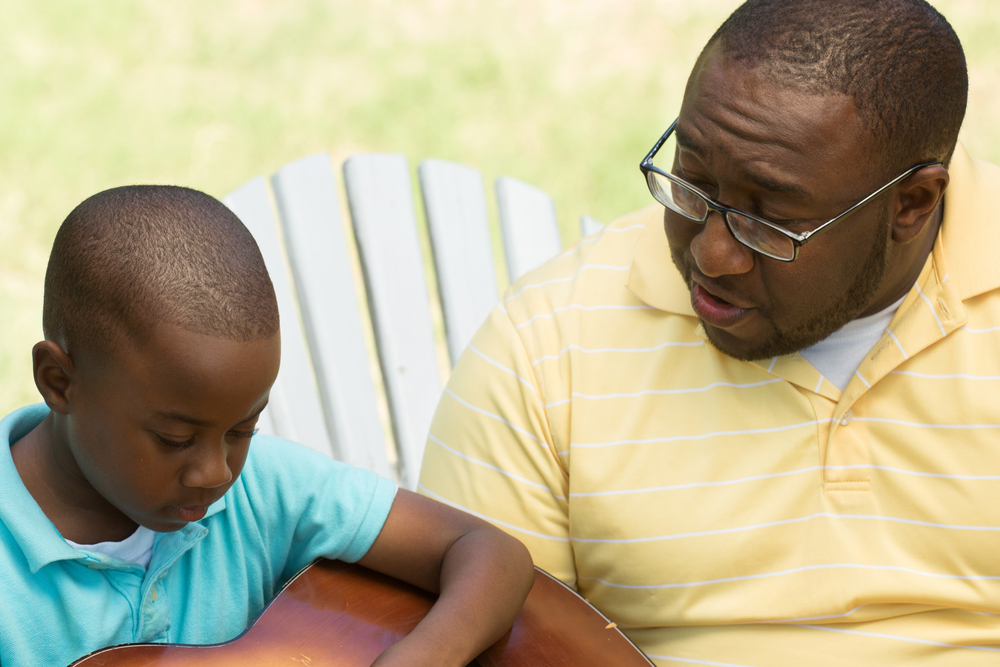How to Explain the Concept of Death to Children
Published April 11, 2022

Let’s face it - death is an inevitable part of our lives. Still, most people often step back when it comes to explaining the concept of death to their children. Parents believe that it will affect their childhood, and their son or daughter may fall into depression. But this is not the case.
Talking about death with children can inform and prepare them for a human loss. By adequately explaining the concept of death, you provide them with a strong foundation and a healthy understanding of dying and death.
Let us explore the best ways to discuss the topic of death with children.
Talking About Death With Children
Whether it's the death of your beloved pet, a friend, or a relative, explaining the event is often challenging for parents. Children, however, are quite curious when they see dead birds, insects, and flowers, and this is the right time to tell them that all living things die one day.
Ways to Explain the Concept of Death to Children
Understandably, the death of a loved one is the most harrowing time for both children and adults. Children may be quite confused about it, but, as adults know that it's a highly sensitive topic, they are often uncomfortable explaining the implications of death to their young son or daughter.
Attending Funerals
If your child has to attend a funeral, prepare them for what they might hear and see. Explain to them that it is a sad occasion and people may be crying and many will be sad. If your child is not willing to attend the funeral, don't insist on it.
Mourning
To heal our sorrows and to move on with our lives, we all need to mourn. By showing your tears and sorrow to your children, you are demonstrating how they can express their emotions when somebody dies. You should never imply that this is an event in which you should feel weak. Often, children feel angry when they lose a close family member, so it’s your duty to reassure them that they will be cared for and loved.
The loss of a loved one can evoke many emotions in children as well as adults. While adults have the capacity to deal with this harsh reality of life, for children it could be a life-changing experience if they are not well taught and informed.
A grieving child needs reassurance that they are loved, safe, and can express their feelings freely. When you prepare your children for an anticipated death, you enable them to understand the how and why of it.





